- TOP
- Search Criteria
- A New Way to Travel: Get a Local Taste of Global Culture at Guest Houses
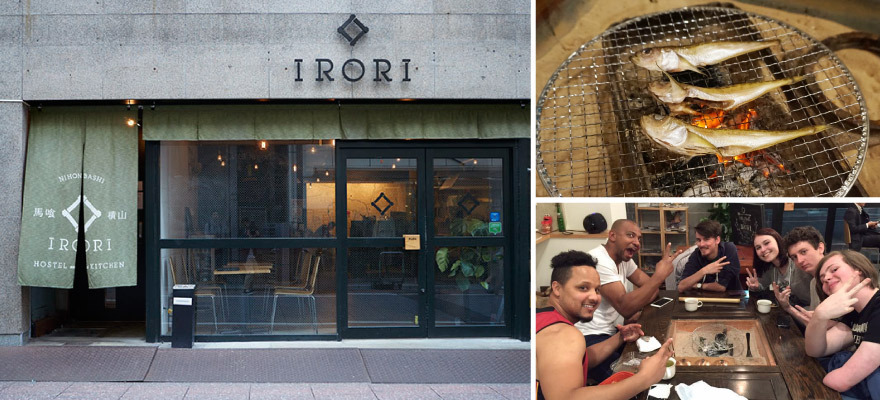
STORY
A New Way to Travel: Get a Local Taste of Global Culture at Guest Houses
Guest Houses: the new wave of travel style

Though not a strict definition, the term “guest house” generally refers to a basic accommodation with cheap pricing and shared bathrooms where you are expected to provide your own meals. Also known as hostels or dormitories, many people conceive them as cheap stops aimed at backpackers.
In reality, the concept of the guest house has been undergoing a change for many years, and recently several new guest houses have been popping up with a style all their own.
Nowadays many guest houses emphasize the idea of cultural exchange, hosting events that allow guests and even staff to mingle. There is also a focus on providing opportunities for guests to get to know each other. In other words, guest houses are no longer just cheap places to stay, but a popular choice for the chance they offer to interact with not only staff and other guests, but also the local culture of the area.
In addition to being a good way to experience local culture, guest houses are also known for their friendly atmosphere and unique facilities and staff. In fact, some people even travel specifically so they can stay at a particular guest house!
Here at DiGJAPAN!, we went to go see one such guest house right in the heart of Tokyo!
A Famous Guest House Where You Can Experience the Culture of Tokyo
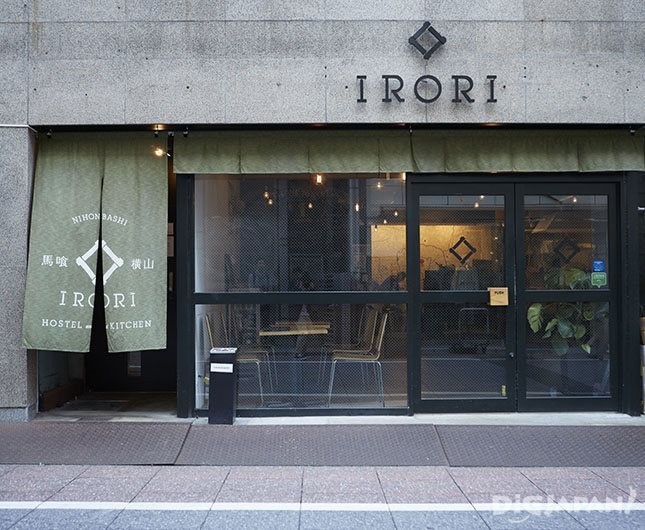
We went to visit IRORI Nihonbashi Hostel and Kitchen in central Tokyo to talk with its founder, Yuki Nakao, who gave us the inside scoop on the culture of guest houses in Tokyo as well as the secrets to running a modern guest house.
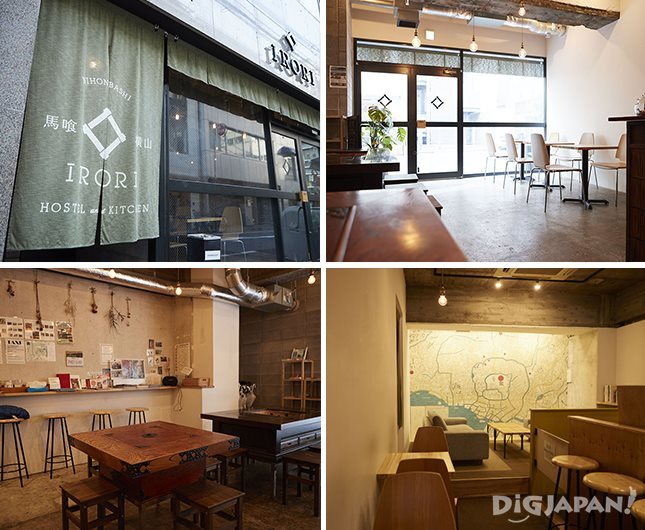
IRORI Nihonbashi Hostel and Kitchen
With room for more than seventy guests at a time, IRORI is a large guest house in the Bakuro-Yokoyama wholesale district of Tokyo. The newly-renovated building is around forty years old. It was originally the storehouse and offices for a wholesale clothing company. This idea of finding new value in a pre-existing structure comes from IRORI's founding company, R.project. The mission of this company is create the opportunity for more local trips that have a warm, handmade feeling and that connect others together.
 |
Budget Travel Producer Yuki Nakao An entrepreneur in the budget travel scene, Yuki Nakao was born in Kobe, Japan. She graduated Hokkaido University with a focus in urban architecture. After working for Japanese hotel booking website Jalan and the world-renowned travel site TripAdvisor, she gained experience in the American city of Seattle with an NPO that provides leadership education. She took part in planning R.project after returning to Japan in June of 2015 and helped create IRORI. She has stayed in some 2 to 3 thousand hostels, hotels, and inns both in and out of Japan. |
“Social Travel:” the Reason Behind the Guest House Boom
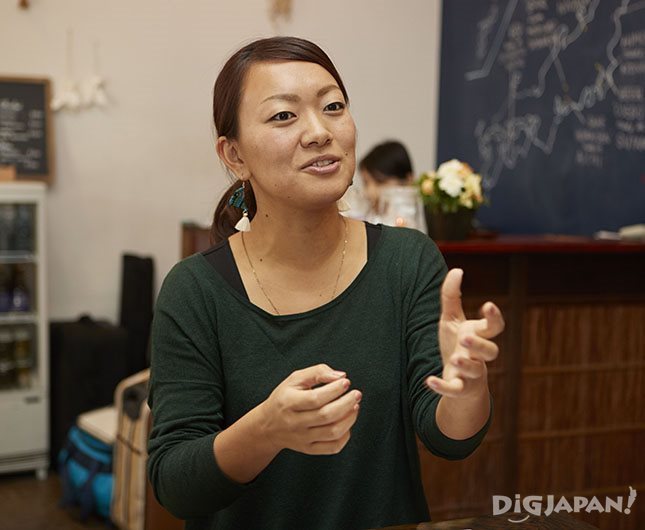
Yuki Nakao shares with us her insight as to why guest houses are gaining popularity in Japan.
"Guest house, dormitory, hostel... cheap alternatives to hotels go by many names, but these are often lumped together under the umbrella term “guest house in Japan.” I feel like since the 2000s, the number of guest houses has been drastically increasing. Even though there wasn’t a lot of cheap lodging available in Japan originally, the recent increase in foreign tourists and single Japanese travelers has created a need for places like guest houses.
“Another reason for the guest house boom is the change in the way people view travel – I think that more people are placing an emphasis on the social interaction within their trips."
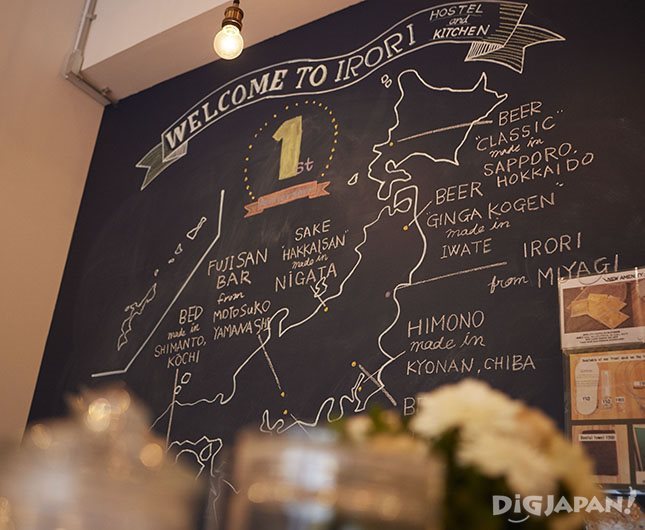
“Since the March 2011 earthquake in northeastern Japan, I feel that many Japanese people place more importance on a sense of community and interpersonal interactions, which has affected even the way in which they plan travel.
"The type of stay experience you get at a guest house is also slightly different than what you get at a hotel or a ryokan. While a part of this thanks to the friendliness of the staff, through sharing rooms and common areas with each other, the feeling of distance between guests diminishes. Be it by making food in the same kitchen, passing each other in the hallways, or just chatting in the common areas, there are lots of chances to interact with new people.
"Although there are still many who choose to stay at guest houses due to the price or convenience, I'm glad that the number of travelers who stay exclusively at guest houses or even travel specifically to visit certain guest houses is increasing."
Join Us By the Fire: a Natural Sense of Closeness at IRORI
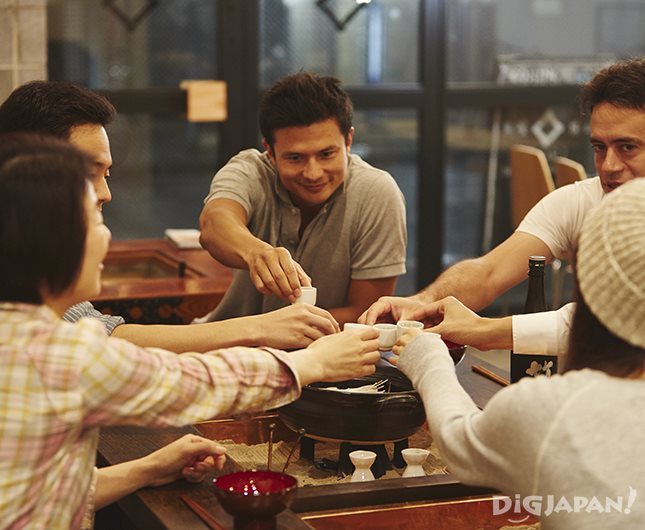
"IRORI Nihonbashi Hostel and Kitchen is within a five-minute walk of train stations for three different train lines, with direct access to Shinjuku Station and Tokyo Station as well as both Haneda and Narita Airports. With such a central location, you would think that IRORI is full of foreign tourists, but actually about 30-40% of their guests are native Japanese, allowing for exchanges across many cultures.
"If it's your first time at a guest house, or if you're traveling and are a bit unsure about staying at a guest house abroad, I think it's a good idea to look beforehand at the people who stay there.
"IRORI takes its name from the Japanese word irori, which refers to a traditional sunken hearth around which people gather. True the its name, you can see an actual irori on the first floor of IRORI. While irori are traditionally experienced sitting barefoot on the floor, as a nod to foreign guests who may be uncomfortable, this irori is surrounded by chairs, and you can leave your shoes on.
"The irori serves as a central space for the guest house, where many guests gather to eat their breakfast or dinner, and there are even events that invite locals as well so that everyone can enjoy a traditional Japanese meal together."

"While this particular irori has become a symbol of the guest house, the concept of an irori is just as central to its image. Irori were traditionally used as a gathering place where people could converse and tell stories around a warm fire. Just like its namesake, IRORI is a place where people can gather to share a meal or a drink, or where you can converse naturally even with people you've just met.
"The space created by the fire creates the perfect distance for people to converse naturally, even more so than the spacing provided in everyday life. Not too close, and not too far."
Local Flair in a Big City
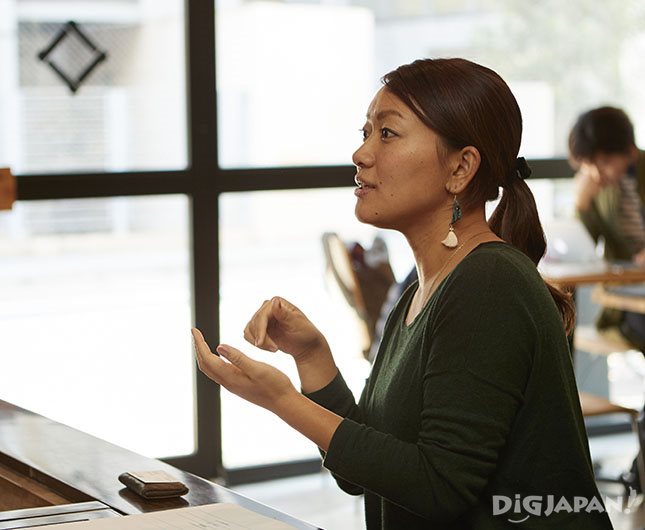
"IRORI is based around the concept of bringing travelers together."
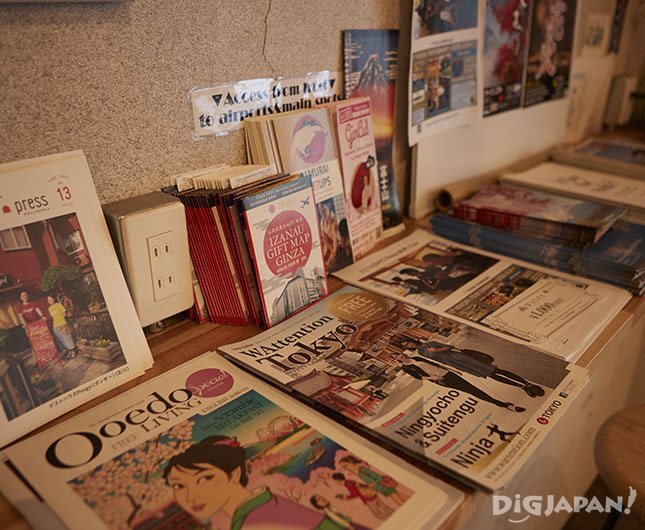
"This stance comes from the founders of IRORI Nihonbashi Hostel and kitchen, a company called R.project. The mission of R.project is to bring people from outside of Tokyo to underutilized buildings such as old public spaces and company-owned buildings in the area. One of these projects is the IRORI Nihonbashi Hostel and Kitchen.
"Even though it's not huge sightseeing spot, we want people to come. We do things like being proactive about holding events in existing spaces, bringing in people for summer retreats, and making it possible to stay in places like IRORI... But those are all temporary things.
"If people travel far away for a job or event, they generally want to go out and try some of the local cuisine. People love being able to get recommendations for things like that, and maybe even learn a little about the history of where they’re going. They start to gain a sense of affinity for the area. It's that kind of local culture that guest houses are perfect for."
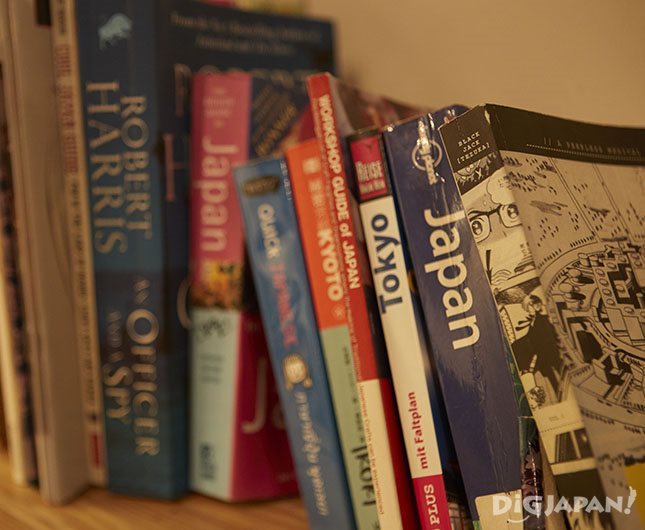
"IRORI is located in Bakurocho, an area long since known as the wholesale district of Tokyo. Bakurocho is in the Nihonbashi district, which was established in and maintains historical ties to the Edo period. It has been established among visitors from both Japan and overseas as a great place to experience local Japanese culture.
"As such, guests are doing far more than just collecting guidebooks or going to events where we've invited local personalities.
"IRORI is a place people can think of as their “home base,” a place where they can share their experiences, both of their hometown and other places they've visited, and hear others' stories in return."
Japanese Guest Houses from a World Traveler's Perspective
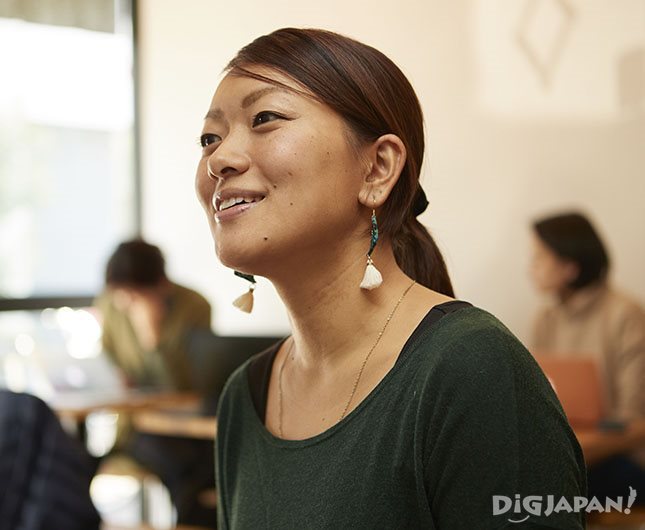
"I personally love staying at guest houses and have done so many times in my travels overseas. The feeling you get can only be described as comfort or “looseness,” but in a good way, kind of as if you were living in your own house. The staff are very open and talkative, and on the lobby walls there are papers posted for free walking tours. They're called “tours,” but in reality all that's written is a time and a name. It's just a relaxed, rough outline of an event where people gather at that time, and then someone takes you out on a walking tour. There aren't really set events for everyone to meet and get to know each other.
"Guest houses are fundamentally very open places, so if you have any questions there is always someone willing to answer. I once asked where was a good place to go for dinner and was pointed to a burger shop three doors down.
"When compared to foreign guesthouses, the ones in Japan are very focused on service and extending welcome to guests. Not to mention, at any guest house they're always looking for ways to make your experience more enjoyable. So for instance, they don't just renovate the interior to look pretty, but also incorporate the feel and history of the area when planning things like decorations, music, and events. I feel like no matter where you go, they try to help you feel the essence of the place."IRORI also tries out a lot of events to see which ones are the best received. For example, when we first started out we were holding events with specific times and lists of participants. But we're constantly trying different things like events where you can come and go, and adjusting times of talk sessions to better suit our guests."
Local and Global Appeal: Enjoying Chance Meetings and Connections!
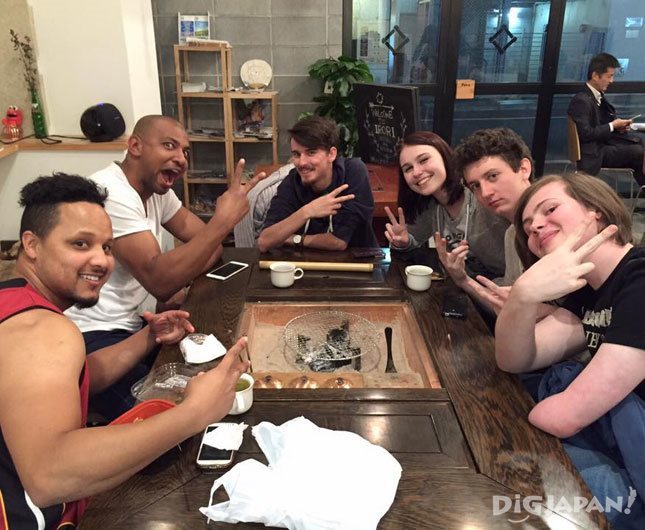
"Even setting aside the upcoming 2020 Olympics, the number of foreign travelers coming to Japan, especially repeat visitors, is increasing. I'm excited by the fact that so many different people are getting the chance to come. While of course we're planning for the huge tourism boom that is going to accompany the Olympics, it's also important that we help people enjoy their travels regardless of when they come.
"I feel like guest houses are an extension of share houses. Say you've just gotten back in and you're relaxing in the common room as a share mate and their friend get home. Then you get to talking, then eating together, and getting to know what each other likes. And while having this conversation, you're coming into contact with a completely new world. The feeling of being at home, the familiarity that comes with getting to know others; exceptional service. These are all things that I want to give our guests, and what I as a traveler myself look for."
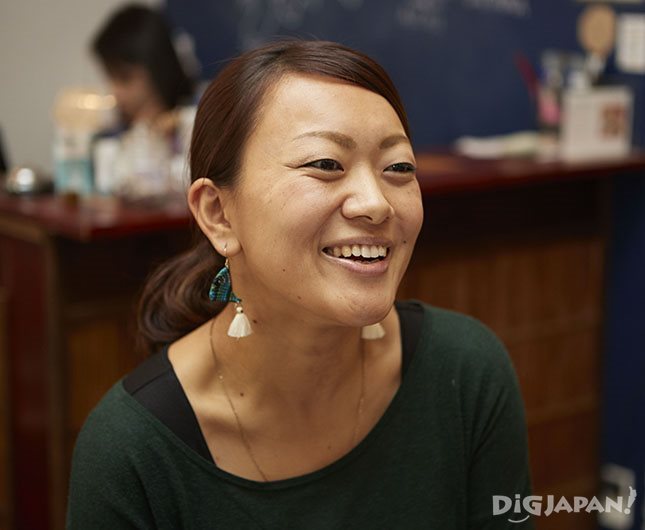
"I think the number of guest houses providing a genuine taste of Japan are going to keep increasing. So many of them that I hear about sound so interesting that I want to stay there myself, so I'm excited for what the future will hold!
"In December, for instance, R.project opened Train Hostel Hokutosei, built using parts from the Hokutosei sleeper train. Apparently they are using the sleeper and bunk beds from the train and are already planning various events and special services, so we hear from a lot of railroad fans who are excited to stay there.
"As guest houses with interesting concepts and facilities increase, I hope the people who want to try staying at these guest houses increases as well!"
A Place where Local and Global Connect
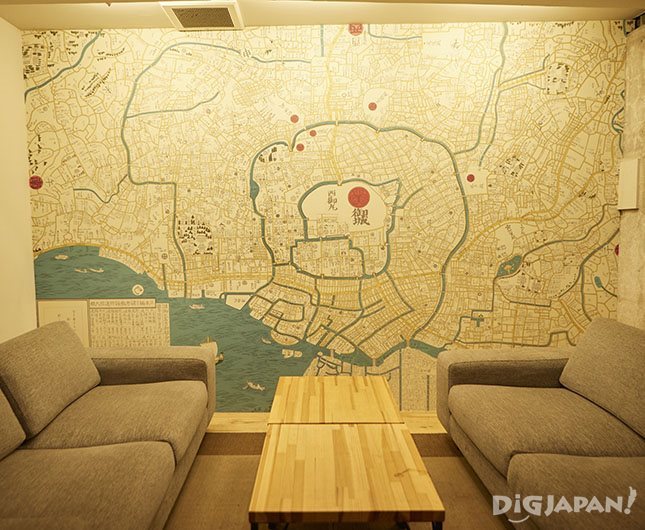
As Ms. Nakao said, what Japanese people are currently looking for when they travel isn't so much location as it is people and experiences.
At a price that allows a variety of people to stay, IRORI offers not only a sense of closeness but also a gateway to the local culture. It is a place where you can share about your own hometown or travels and hear about others' experiences, as well.
Providing a home base for information exchange, no matter where you go, staying at guest houses is sure to give you a local and global experience.
Information
IRORI Nihonbashi Hostel and KitchenAddress: 5-13 Nihonbashi-Yokoyama-cho Chuo-ku Tokyo
Access: 3 min walk from Exit A1 of JR Bakurocho; 3 min walk from Exit B4 of Higashi Nihonbashi Station (Toei Asakusa Line); or 3 min walk from Exit A1 of Bakuro-Yokoyama Station (Toei Shinjuku Line)
Wesbite: http://irorihostel.com/en/
*This article has been republished with permission from Shobunsha Publications, Inc. corporate site.

Liked this story? Like DiGJAPAN!
on Facebook for daily updates!
THIS ARTICLE IS BASED ON INFORMATION FROM 03 03,2017 Author:DiGJAPAN! Editorial Team














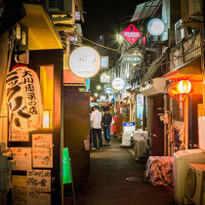
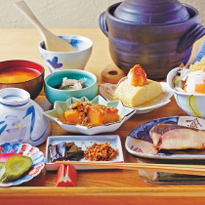
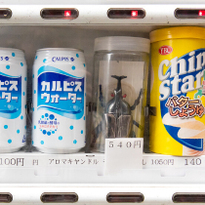
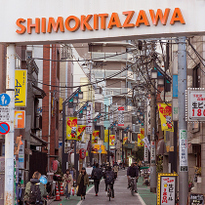




NEW COMMENT | 0 COMMENTS
Open a DiGJAPAN!
account to comment.
Open a DiGJAPAN! Account